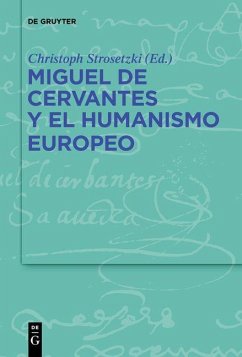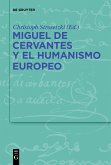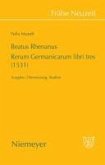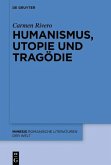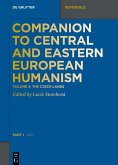The contributions gathered in this volume, all from acknowledged Cervantes experts, tackle among others the following questions: How does Cervantes analyse the humanist connexion between science and virtue? Does Don Quixote's conflictive reenaction of chivalric novels come from the humanist ideal of 'imitatio'? Do the many dialogues in Cervantes' work originate in the rhetorical tradition? What is the role of Plato's aesthetic of the ¿ä¿¿ ¿¿¿ä¿¿ in Cervantes? Does Cervantes portray doctors and jurists as typical members of an ascending bourgeois class? Does he question, like Erasmus or Vives, their professional ethos?
Dieser Download kann aus rechtlichen Gründen nur mit Rechnungsadresse in A, B, BG, CY, CZ, D, DK, EW, E, FIN, F, GR, HR, H, IRL, I, LT, L, LR, M, NL, PL, P, R, S, SLO, SK ausgeliefert werden.

